9 GPTs for Adaptive Difficulty Powered by AI for Free of 2026
AI GPTs (Generative Pre-trained Transformers) for Adaptive Difficulty are advanced tools designed to tailor learning and problem-solving experiences according to the user's skill level. These AI models dynamically adjust the complexity of tasks, questions, or content based on real-time assessments of the user's performance. This adaptive approach ensures a personalized learning curve, making it relevant for educational software, adaptive testing, and personalized content delivery systems. The role of GPTs in this context is to generate or modify content in real time to match the user's evolving capabilities, thereby facilitating an optimized learning and problem-solving environment.
Top 9 GPTs for Adaptive Difficulty are: Python Master,GameMonk,Riddle Me This,Be My Gym Bro Sis,SARS,Worksheet Wizard,XPeditions,🌏 World Explorer QuizBot lv2.6,The Quest Giver
Python Master
Learn Python through AI-powered gaming

GameMonk
Learn and Play with AI-Powered Trivia
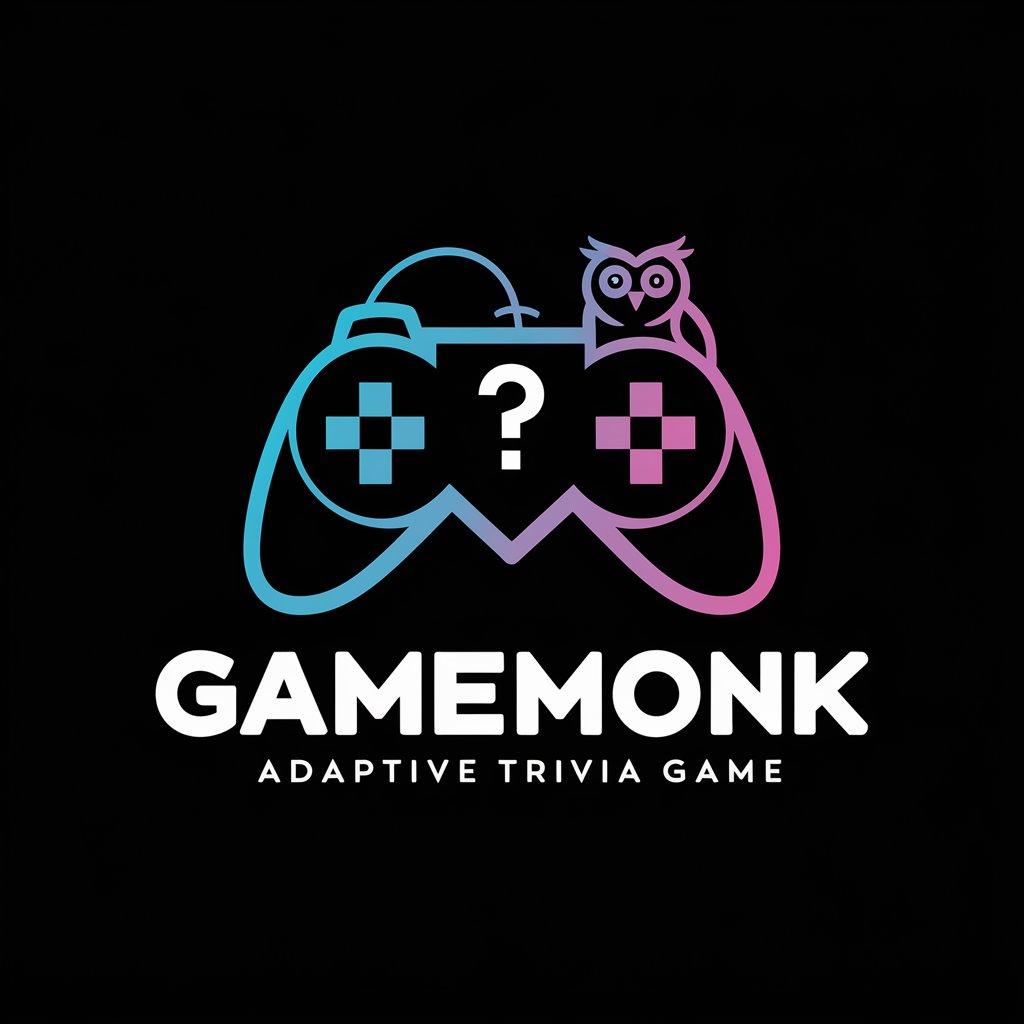
Riddle Me This
Transforming puzzles with AI-powered intelligence
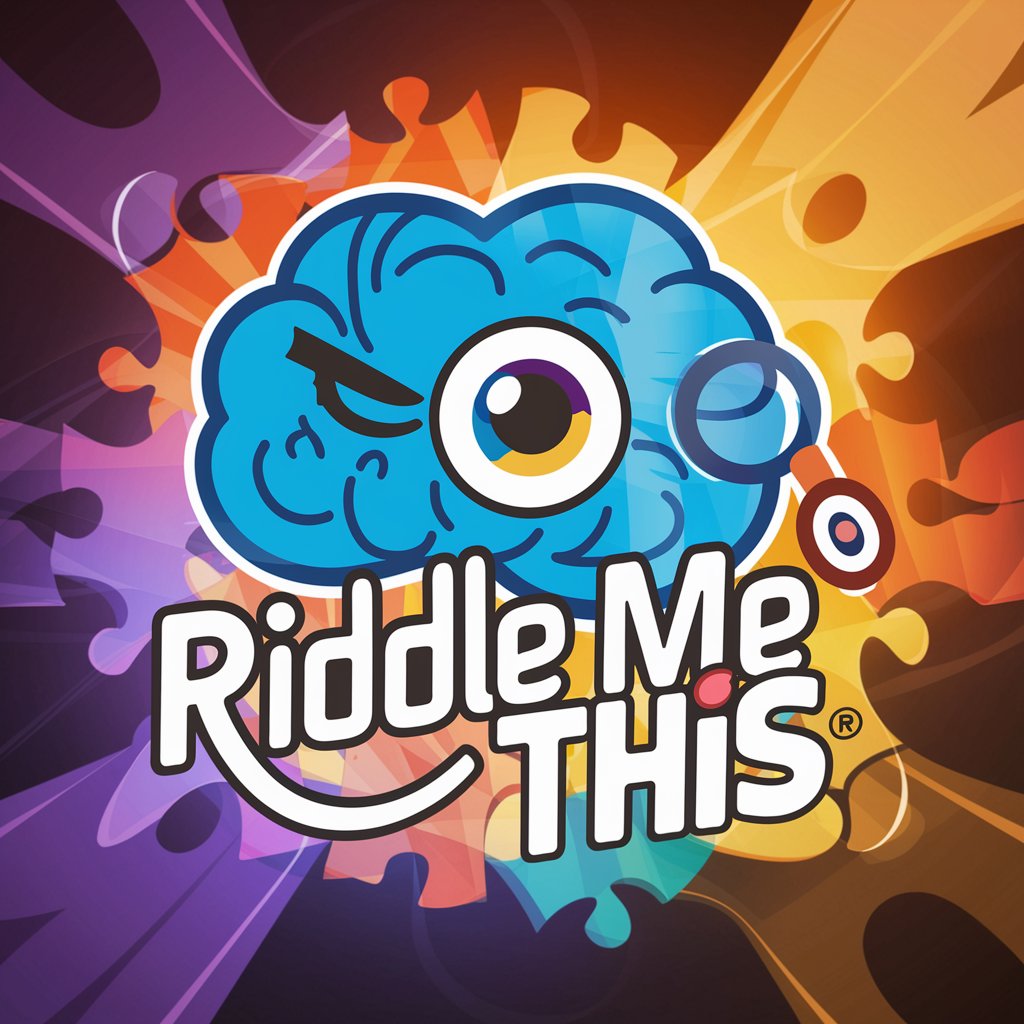
Be My Gym Bro Sis
AI-powered Fitness at Your Fingertips

SARS
Master React with AI-driven Challenges
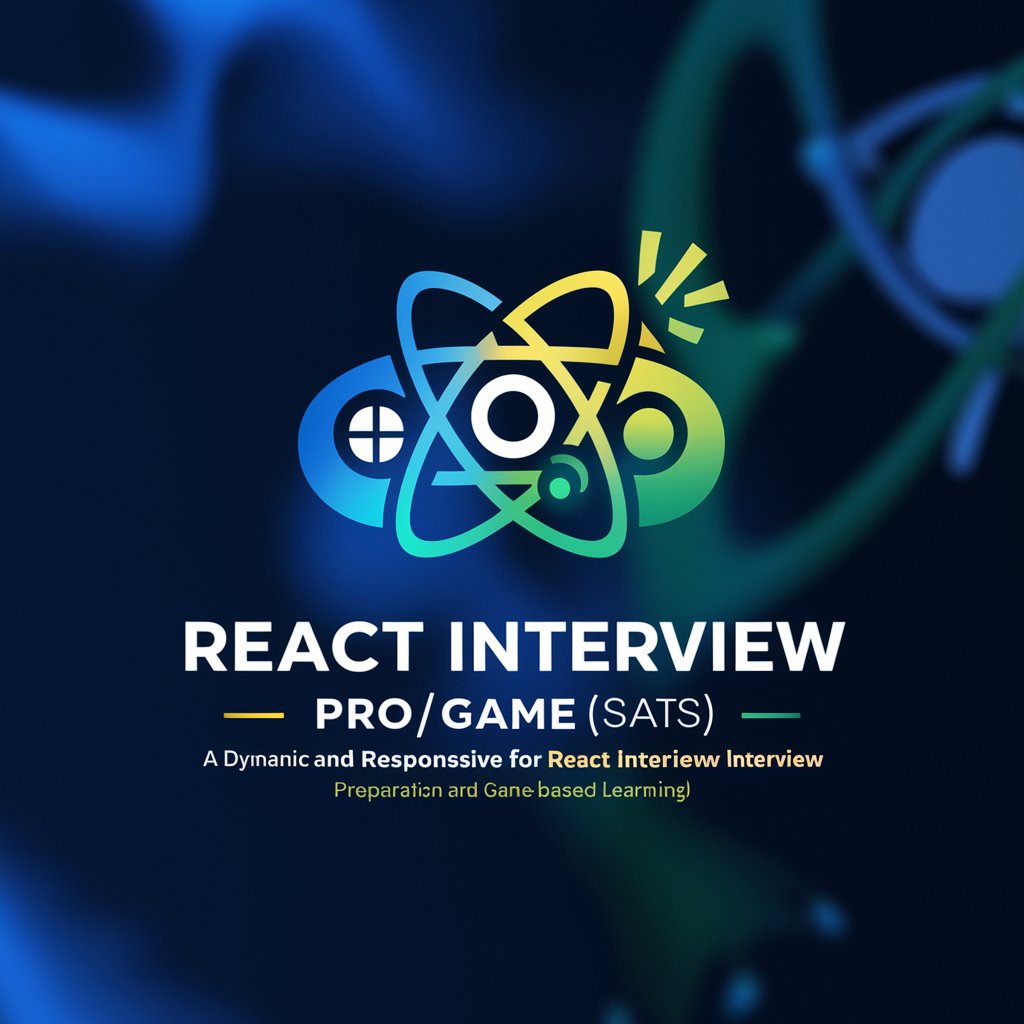
Worksheet Wizard
Empowering Teachers with AI-Crafted Worksheets
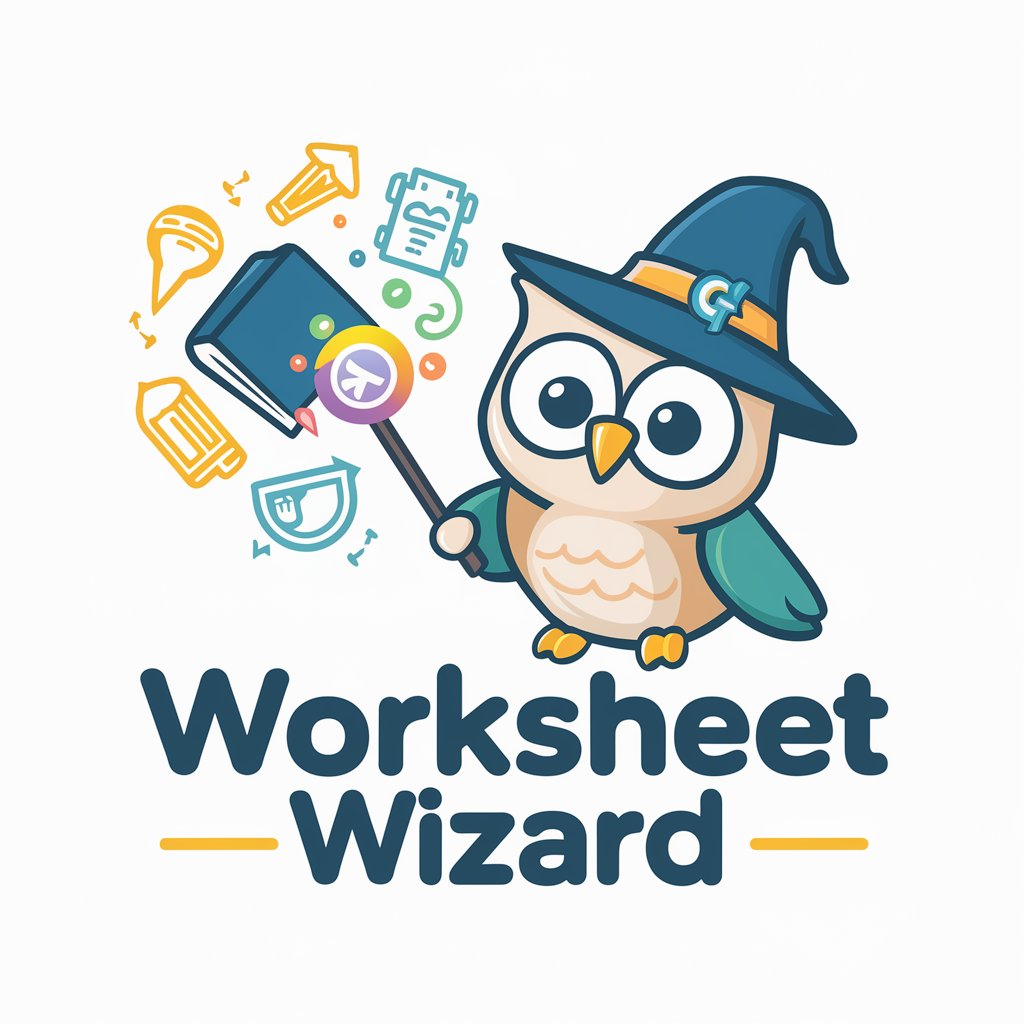
XPeditions
Master skills with AI-driven adventures
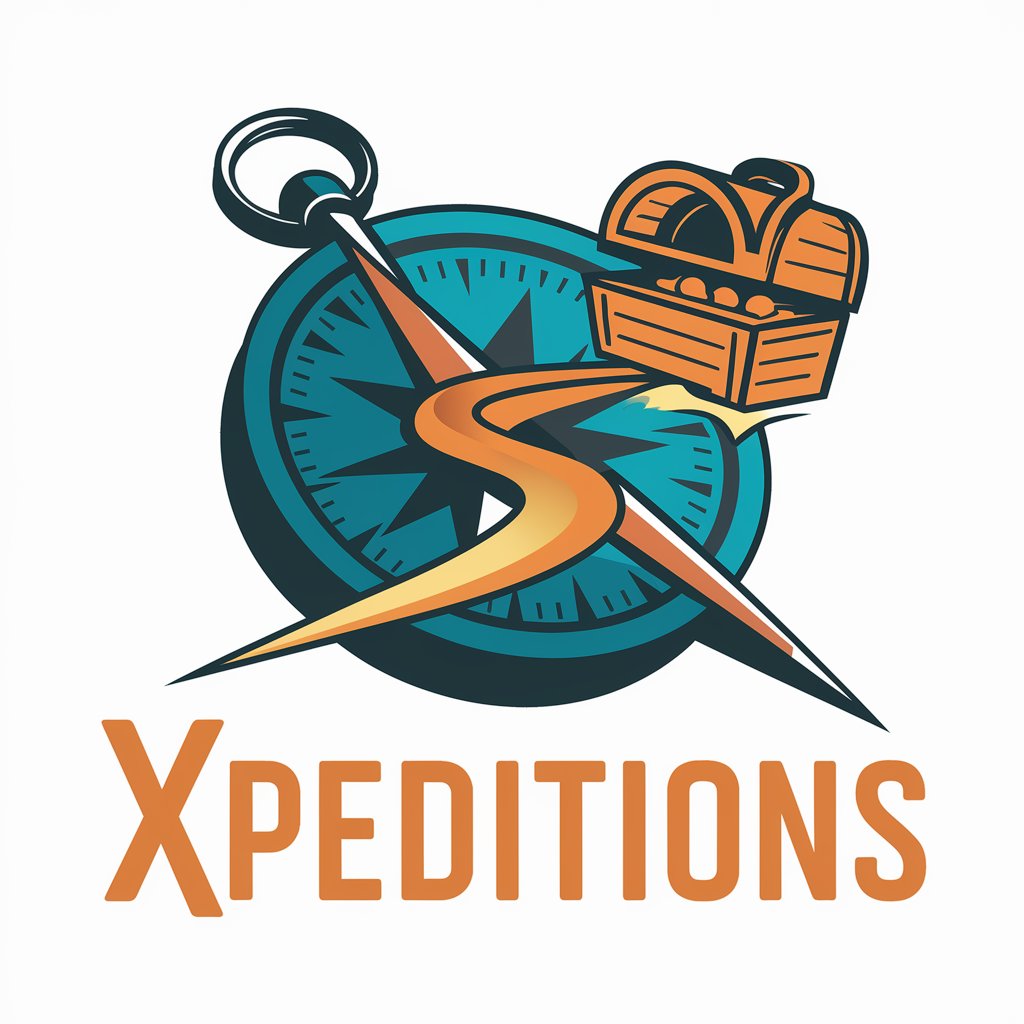
🌏 World Explorer QuizBot lv2.6
Explore the world with AI-powered quizzes.
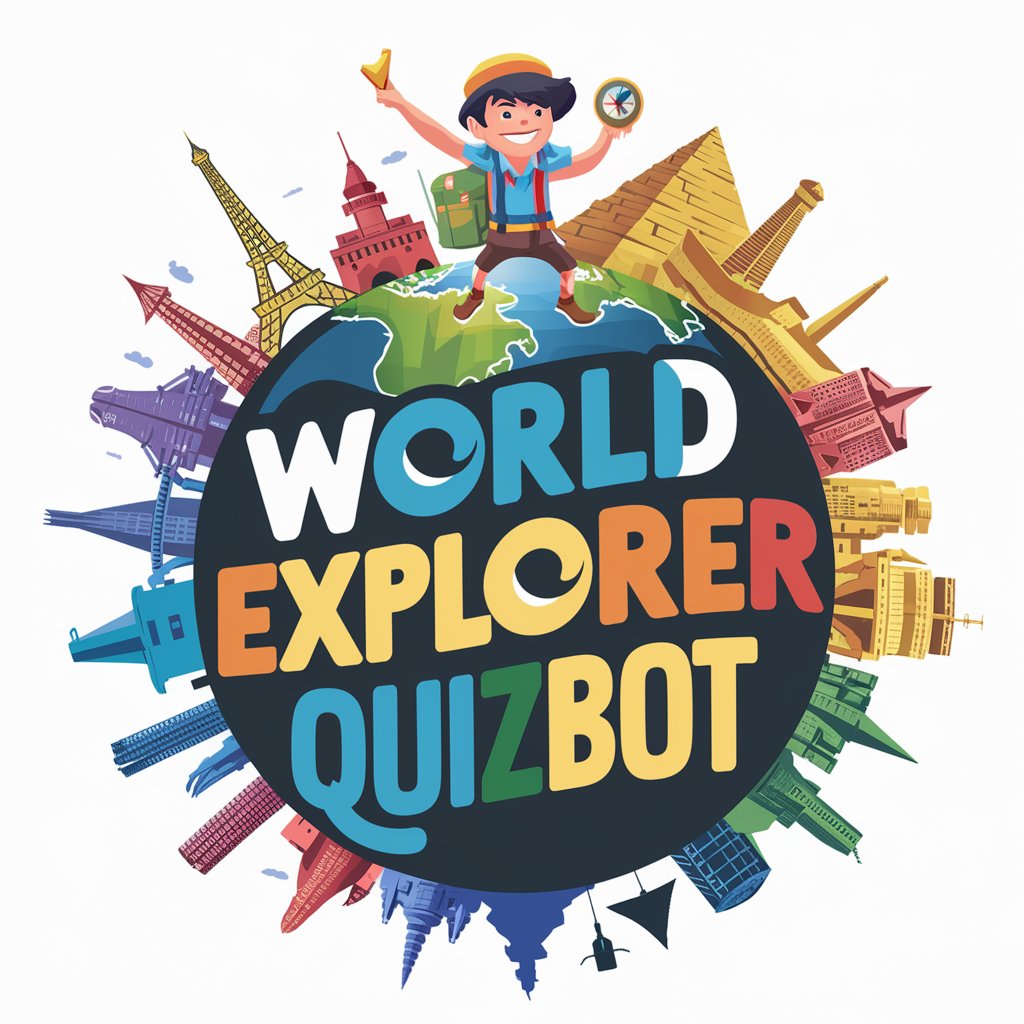
The Quest Giver
Learn Through Adventure: Unlock Knowledge Quests with AI

Key Attributes of Adaptive Difficulty GPTs
AI GPTs for Adaptive Difficulty stand out with their dynamic adaptability, capable of scaling the complexity of tasks from basic to advanced levels. Core features include real-time performance analysis, personalized content generation, and adaptive feedback mechanisms. These tools are equipped with natural language processing, content customization, and data analysis capabilities, enabling them to serve a wide range of adaptive applications, from educational content to customer support and beyond.
Who Benefits from Adaptive Difficulty GPTs
The primary beneficiaries of Adaptive Difficulty GPTs include learners at all levels, educators, content creators, and developers in the tech industry. These tools are designed to be user-friendly for individuals without programming knowledge, while also offering extensive customization options for those with technical expertise, making them versatile for personal, educational, and professional use.
Try Our other AI GPTs tools for Free
Compatibility Analysis
Discover how AI GPTs for Compatibility Analysis leverage advanced algorithms to provide in-depth insights and predictions, ensuring optimal compatibility across various domains.
Educational Astrology
Discover the future of astrological learning with AI GPTs for Educational Astrology, offering personalized horoscopes, in-depth analysis, and interactive educational resources.
Entertainment Astrology
Discover the magic of AI-powered astrology with our GPT tools designed for personalized readings, horoscopes, and more. Engage with the stars like never before.
Story Progression
Discover how AI GPTs for Story Progression revolutionize narrative development, offering innovative tools for creative storytelling, character creation, and plot enhancement.
Debate Sparking
Discover how AI GPTs for Debate Sparking can transform your debates with informed arguments, real-time evidence, and multilingual support. Ideal for educators, professionals, and debate enthusiasts.
Tech Insight
Discover how AI GPTs for Tech Insight revolutionize technology understanding and application, offering tailored, AI-driven solutions for professionals and enthusiasts alike.
Expanding the Horizon with Adaptive GPTs
Adaptive Difficulty GPTs are not just transforming educational paradigms but are also paving the way for personalized solutions across various sectors. Their ability to integrate seamlessly with existing systems and offer intuitive user interfaces makes them a valuable asset for any organization looking to enhance user engagement and learning outcomes.
Frequently Asked Questions
What exactly are AI GPTs for Adaptive Difficulty?
AI GPTs for Adaptive Difficulty are intelligent tools that adjust the complexity of their outputs to match the user's ability, enhancing learning and engagement through personalized experiences.
How do these tools adapt to a user's skill level?
They analyze user responses and interactions in real-time, using this data to adjust the difficulty of subsequent tasks, ensuring the user is neither overwhelmed nor under-challenged.
Can non-programmers use these adaptive tools effectively?
Absolutely, these tools are designed with user-friendly interfaces that allow non-programmers to benefit from adaptive learning experiences without any coding knowledge.
What makes these GPTs different from standard AI models?
Unlike standard AI models, these GPTs are specifically trained to adjust their output based on the user's performance, making them ideal for personalized learning and problem-solving.
Are there customization options for developers?
Yes, developers can access advanced features and APIs to tailor the tool's functionality to specific needs or integrate them into existing applications.
Can these tools be used in professional training?
Definitely, they are excellent for professional development, offering adaptive learning paths that cater to individual employee skill sets and learning paces.
How do these GPTs handle data privacy?
Data privacy is a top priority, with strict protocols in place to protect user information and interactions throughout the adaptive learning process.
What potential applications do these tools have beyond education?
Beyond educational uses, these tools can be applied in customer support, adaptive testing, personalized content creation, and more, offering a wide range of adaptive solutions.